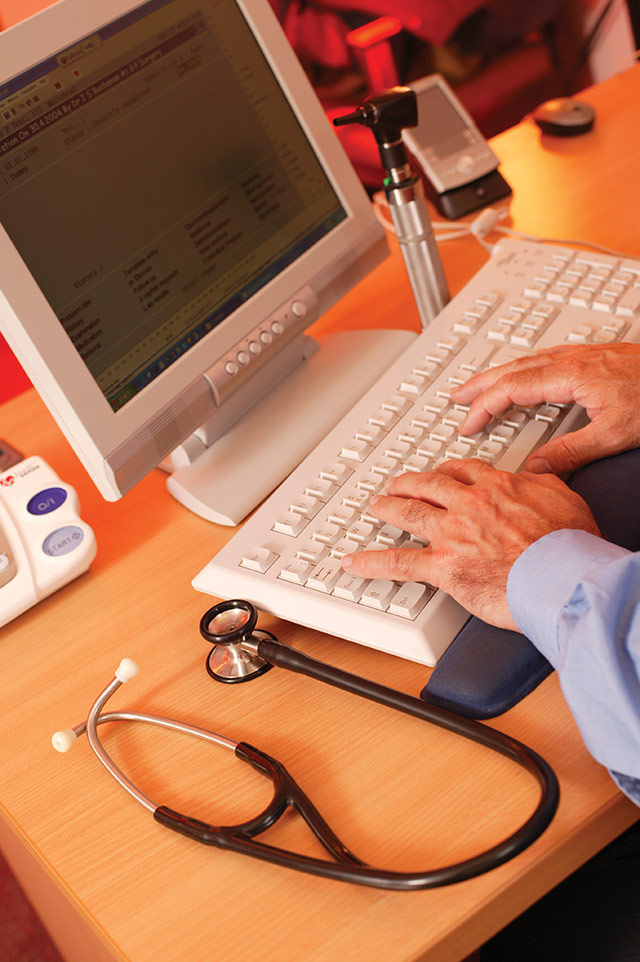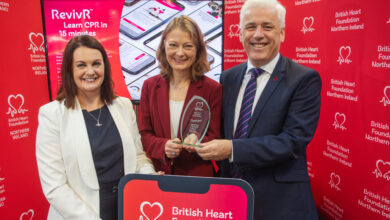eHealth: supporting better health and wellbeing

Sean Donaghy, Director of eHealth at the Health and Social Care Board, reflects on how Northern Ireland has used technology to support better health and care, and how much more can be achieved.
From first contact with a new-born to care in old age, our patient journeys are fluid and last a lifetime. All of us will be a HSC patient, service user or carer, and our individual stories will spread across many teams and disciplines. Too often the information required to tell the full story for the care provider is blocked by organisational boundaries that we as service users or carers cross. Now, Health and Social Care leaders across the globe are using technology to support better management and sharing of information to support high quality, cost effective care.
Northern Ireland has been acknowledged as a UK leader in using information to support better care and this has inspired clinicians to be more ambitious still for the future. The star of the show since 2013 is the runaway success that is the Northern Ireland Electronic Care Record (NIECR). For the first time, key information from GP records, hospital and community records has been drawn together in one place to allow care teams to make better, faster decisions for patients. The information is available to care teams in an ‘always on’ summary record that is web based, and can be viewed from anywhere there is secure access to the health network. Delays are reduced, fewer appointments are needed, and numbers of repeat tests have been cut. The net result is safer, faster care.
This builds on other successes. Northern Ireland invested 10 years ago in the creation of a health and care number to allow patients to be reliably identified across hundreds of IT systems. GPs have had ‘paper light’ clinical practice for years; the use of digital systems for GP care has allowed the creation of online GP appointment booking and repeat prescribing, with all GP practices supported to offer the service this year. Several practices in Northern Ireland are now trialling AskmyGP, a new approach to support patients to get the advice and information they need quickly from their practice, that also releases GP time so that patients who need face to face care can be offered rapid appointments rather than facing lengthy waits.
The list of innovations is long, however too many of our health and social care professionals must still turn to paper to support their day to day work; nurses caring for patients on the ward, including administering drugs, social workers carrying out assessments, doctors managing inpatient and outpatient care. The NIECR has helped; however there is much more to do to ensure care professionals have access to all the important information in an integrated ‘cradle to grave’ record that contains always up to date information for the best possible care.
In April this year, the Department of Health agreed to the creation of a business case for a system to deliver cradle to grave information to support integrated care. This is a huge and very welcome step, which will require increased investment over the next five years.
Early engagement with suppliers shows a wealth of potential, and we look forward to further market engagement this year, before seeking final approval and moving to formally ask what the market can offer to create a fully integrated Electronic Health and Care Record (EHCR) for Northern Ireland, early in 2017.
The rewards could be enormous; safer faster care when needed, and better support for lifelong self-care, these are the keys to sustainable, high quality care for this and future generations.

Six key objectives of the e-Health and Care Strategy
- Supporting people
- Sharing information
- Using information and analytics
- Fostering innovation
- Modernising the eHealth infrastructure
- Ensuring good governance





